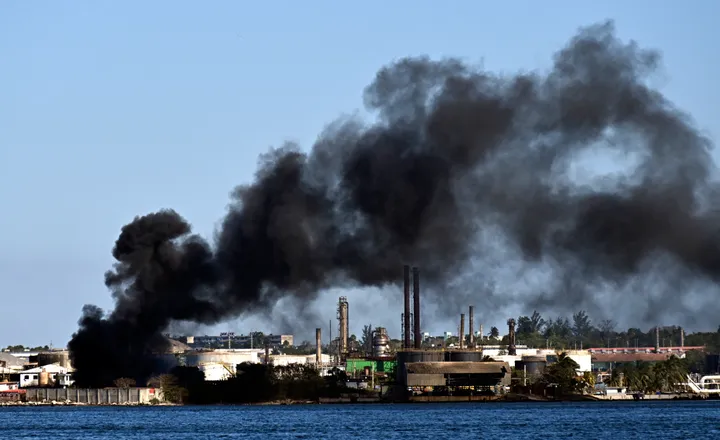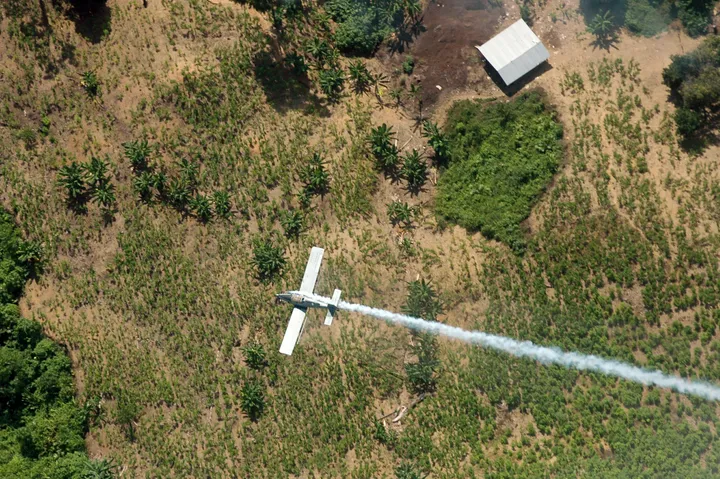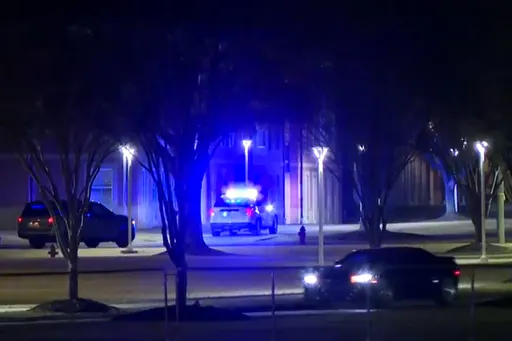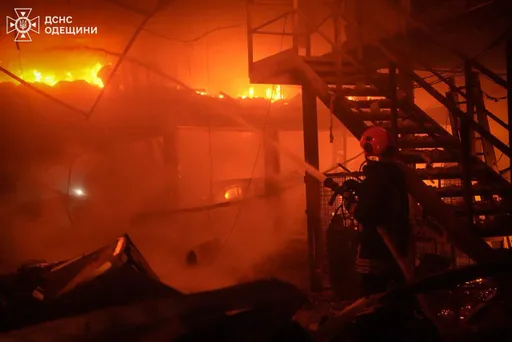Donald Trump is preparing to pardon several US military members this Memorial Day, including a soldier who admitted to murder in Afghanistan in 2010, according to the New York Times.
According to officials, preparing the needed documents for a military pardon normally takes months to complete, but Trump is rushing the process in hopes to maximise propaganda efforts by using the military holiday on the 27th of May to galvanise his pro-military base
Trump's effort to pardon Mathew Golsteyn, the Army Green Beret who killed an unarmed Afghan in 2010, as well as the pardon of Matthew Behenna, a soldier convicted in 2009 of murdering a released detainee in Iraq, is part of a broader campaign to obscure the reality of the US-led war in Afghanistan and shield the US military from accountability.
Stopping Investigations
Last month, after aggressive posturing and threats by the Trump administration and US State Department under Mike Pompeo, the International Criminal Court (ICC) ruled to reject an investigation into US war crimes in Afghanistan.
The US first revoked the visa of Fatou Bensouda, the ICC's chief prosecutor, who had initiated the investigation request, then threatened to revoke visas to ICC staff and judges who participated in any investigation against the US.
The decision to abandon a war crimes investigation came as a slap in the face to Afghans, who filed an astounding 1.17 million statements on abuses ranging from sexual abuse and torture to outright murders against the US and CIA, as well as other factions involved in the Afghan conflict.
“It is outrageous that victims of war crimes are far less likely to get justice for well-documented atrocities because of the Trump administration’s authoritarian efforts to sabotage an investigation before it could even get started,” said Jamil Dakwar, director of the American Civil Liberties Union’s Human Rights Program in response to the ICC’s decision, adding:
“The Trump administration’s bully tactics may have helped the United States skirt accountability this time, but the administration is playing a dangerous game that will inevitably come back to haunt the United States. No one except the world’s most brutal regimes win when we weaken and sabotage international institutions established to fight impunity and hold the human rights abusers accountable.”
Obscuring the War
Just weeks prior to the ICC rejection, the Trump administration also rolled back an Obama-era Executive Order to account for civilian casualties in American military and CIA led airstrikes, including the use of drones, in countries like Afghanistan, Pakistan, Somalia and Yemen.
The announcement to stop collecting, or publicly delivering, data on civilians killed or injured in airstrikes came after startling reports were released by the UN at the end 2018 demonstrating a 39 percent rise, year on year, in the number of civilians - mostly women and children - killed or injured by airstrikes in Afghanistan
The attempts at obscuring the devastating reality of the war in Afghanistan started the moment the US invaded. From refusing to do body counts of civilians killed, to labelling children the age of 12 and up “militants”, to the silence around widespread torture and sexual abuse of detainees, the US has made every effort to cover up its crimes as well as the ground reality of the war.
In October 2017, the US military stopped reporting casualty figures for Afghan security forces at a time when casualties numbers were approaching what the Pentagon called “unsustainable levels".
According to a recent report on Bloomberg: “Casualties among Afghan National Defense and Security Forces rose 31 percent from December 2018 to February 2019 over the same period a year earlier, while troop levels fell short again of authorised strength for the first quarter of this year.”
Afghanistan's president himself has stated publicly that at least 45,000 Afghan security personnel have been killed since 2014.
In another slight to transparency, early this month the US military announced that it would stop releasing information on how much of Afghanistan is under Taliban control.
The Special Inspector General for Afghanistan Reconstruction (SIGAR), a watchdog group created by the US Congress for the oversight of reconstruction and other activities in Afghanistan, was told by the US military that assessments of district control were “of limited decision-making value to the (RS) Commander.”
The Afghan people know which districts are controlled by the Taliban. The Taliban obviously know which districts they control. Our military knows it. Everybody in Afghanistan knows it. The only people who don't know what's going on are the people who are paying for all of this, and that's the American taxpayer
One does not need to be a West Point graduate or Five Star General to be confused on how “district control” assessments would be of such little value in the middle of a war. But of course the US military was not planning to stop its own intelligence gathering work, it simply plans to stop informing the general public.
"I don't think it makes sense," John Sopko, the head of SIGAR told the media. "The Afghan people know which districts are controlled by the Taliban. The Taliban obviously know which districts they control. Our military knows it. Everybody in Afghanistan knows it. The only people who don't know what's going on are the people who are paying for all of this, and that's the American taxpayer."
Keeping watch
Although these blatant efforts by the Trump administration to obscure the reality of the war in Afghanistan are a blow to transparency, other international bodies and organisations are also attempting to keep watch.
According to the latest United Nations Assistance Mission in Afghanistan (UMANA) report on violence in Afghanistan, civilian deaths attributed to US military and Afghan Government Forces surpassed those attributed to ISIS (Daesh) and the Taliban during the first quarter of 2019.
In the first three months of 2019, international and pro-government forces inflicted 608 casualties (305 killed, 303 injured), which was up 39 percent from the same period last year, according to the UNAMA report.
The war in Afghanistan has long been considered the “good war” by the American public although there is hardly any reporting in the US national mainstream media.
Afghanistan, the longest-running foreign war in US history was not even a mention in the most recent US presidential elections. This level of willful ignorance has allowed the US government under Trump to obfuscate the war in Afghanistan and provide cover for war crimes and war criminals.























